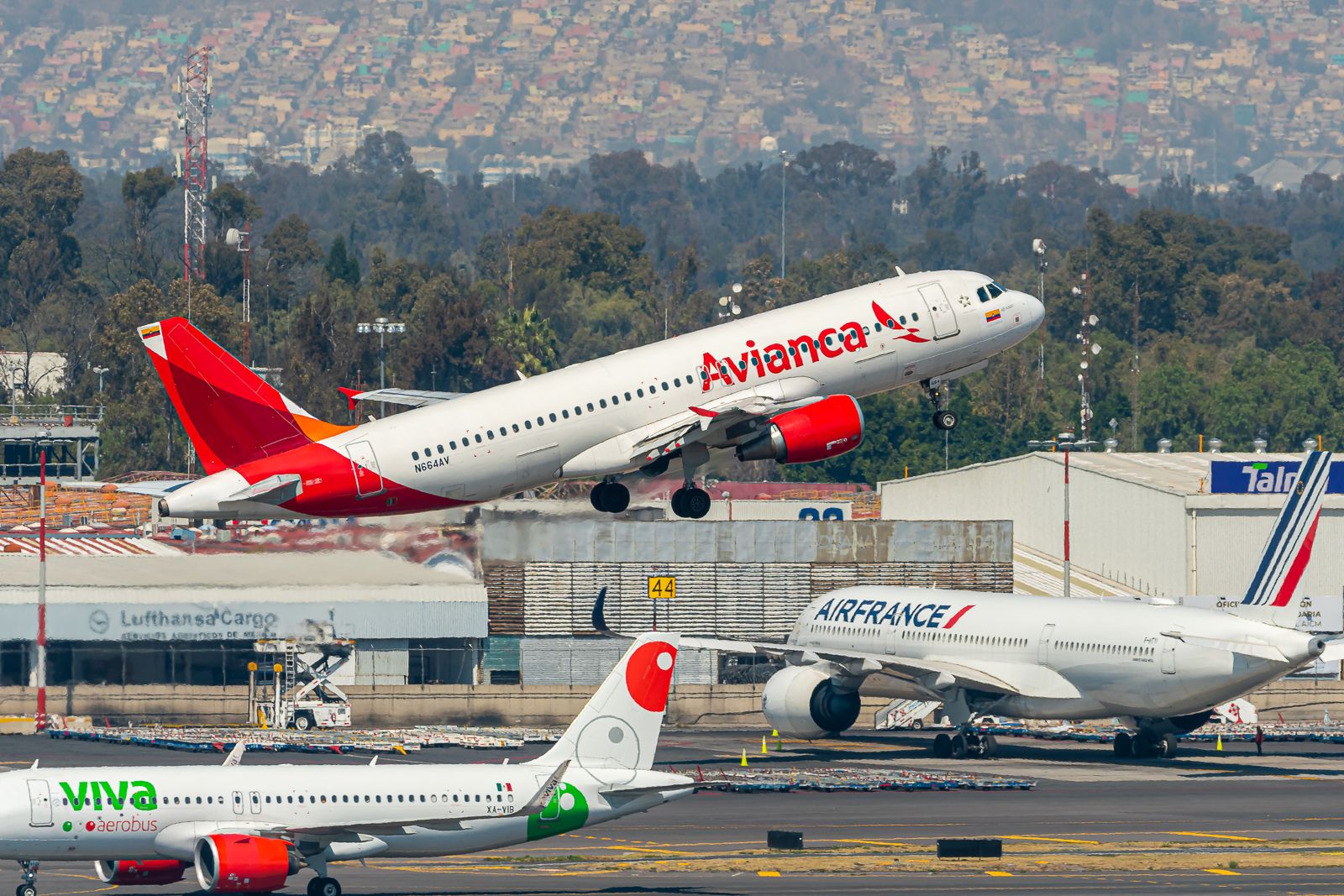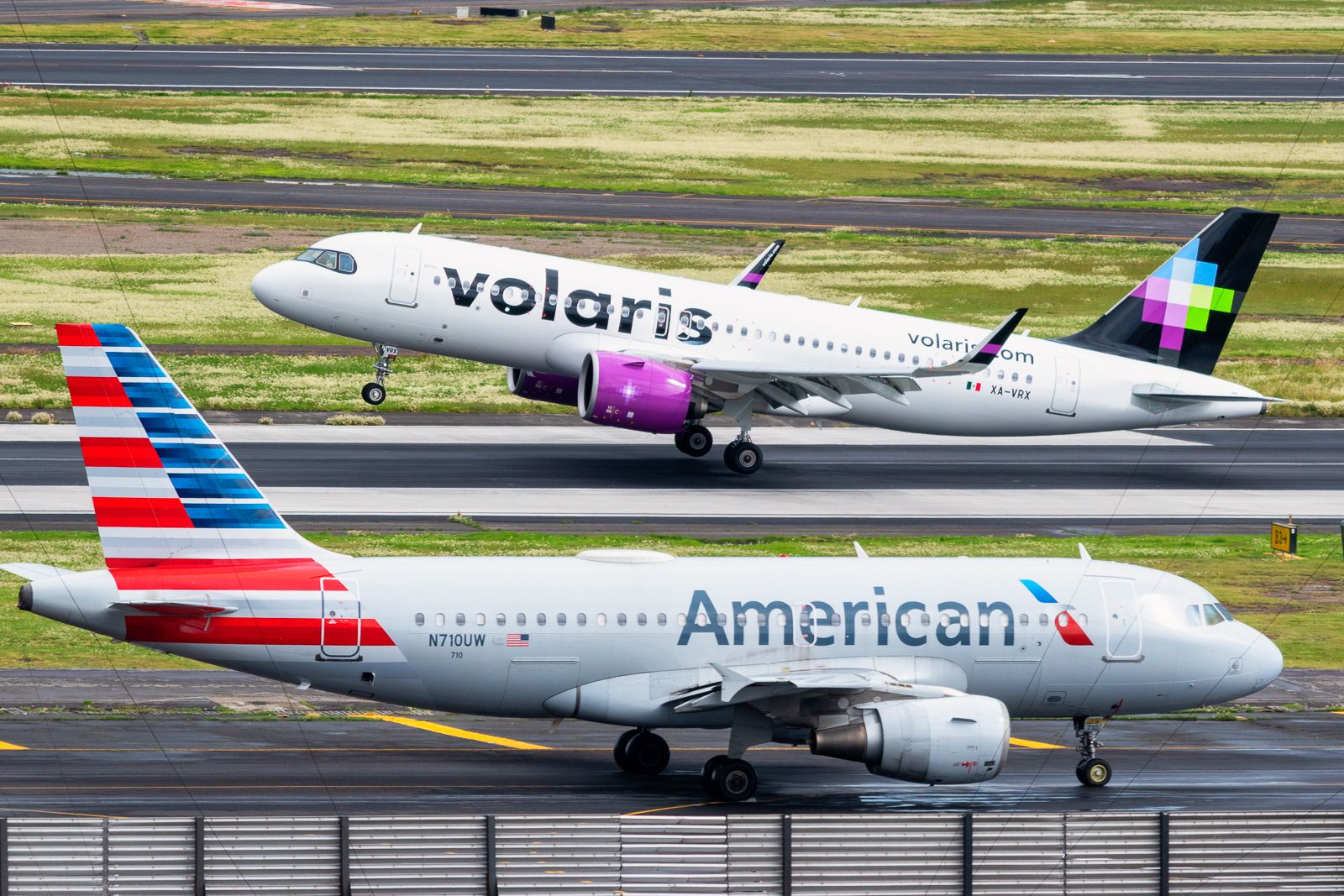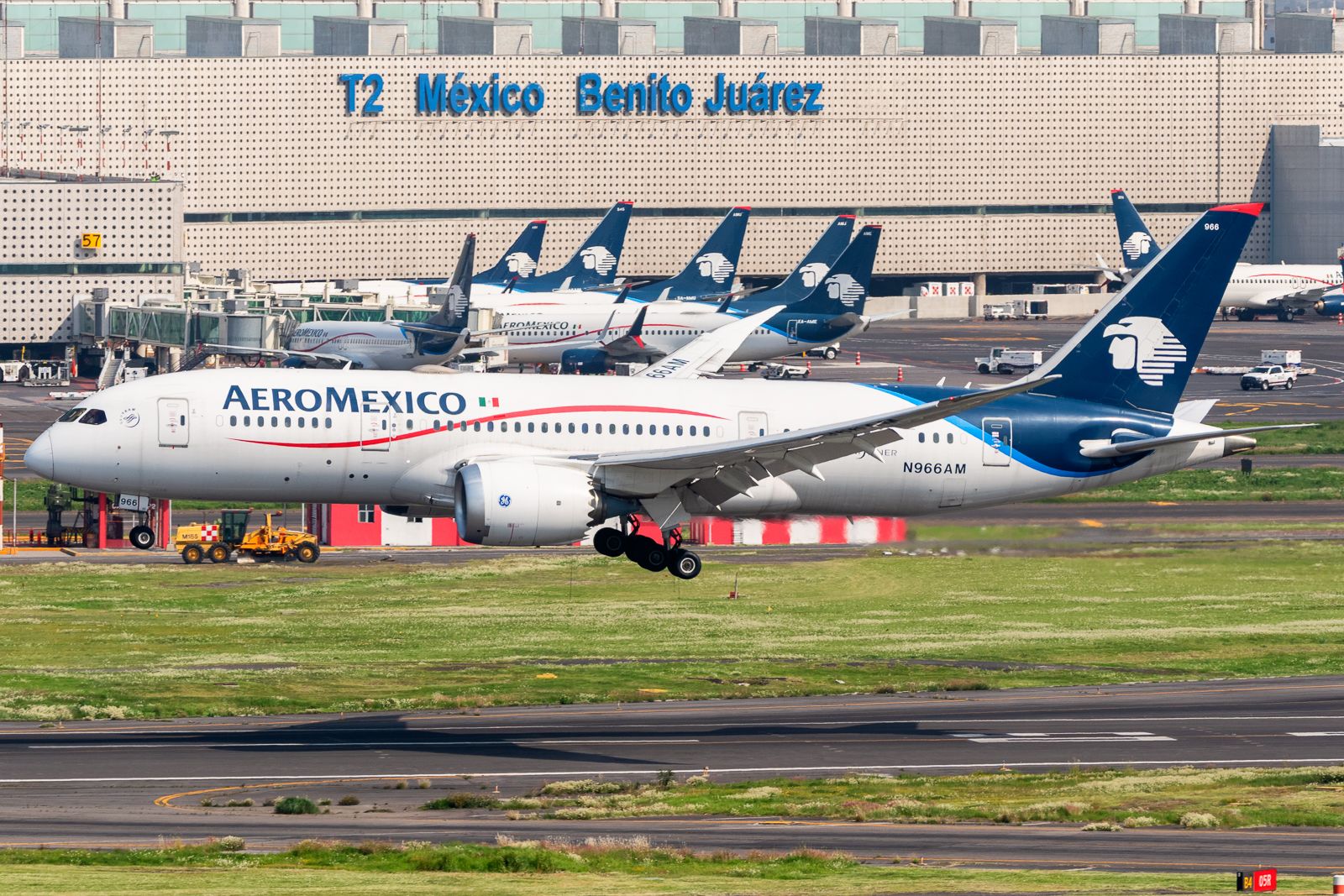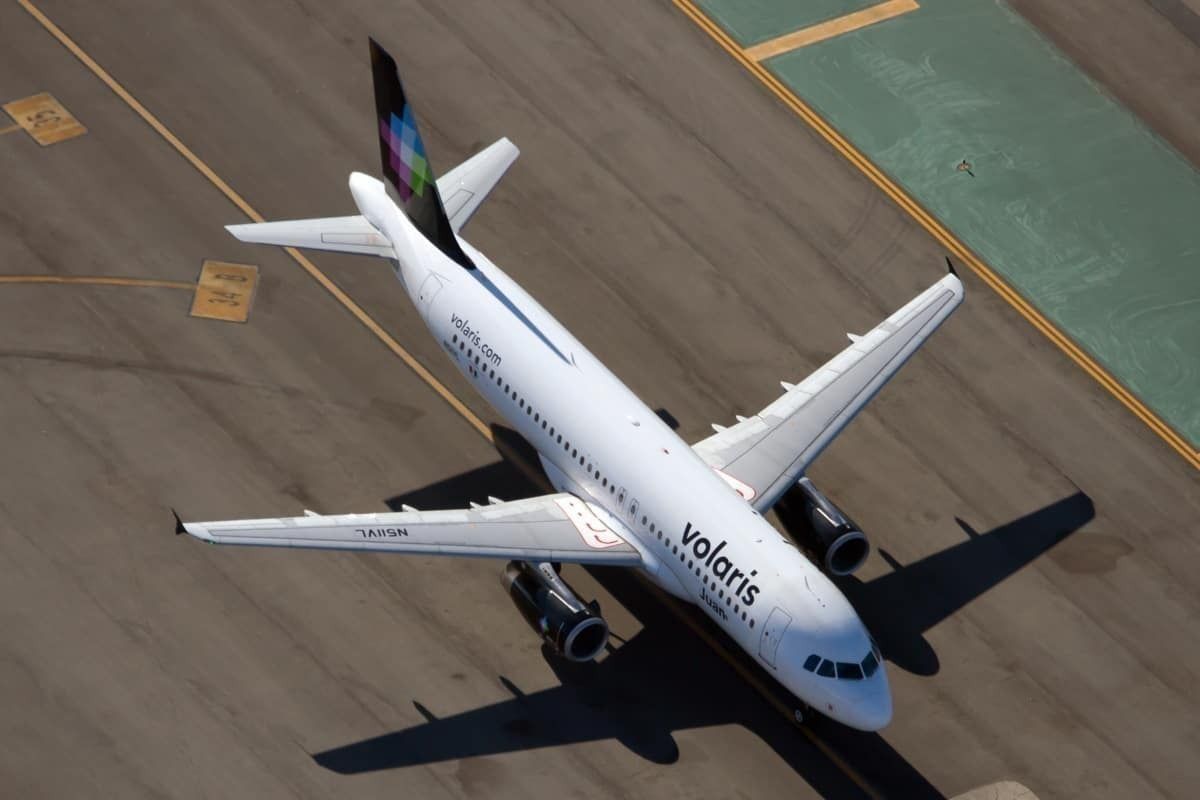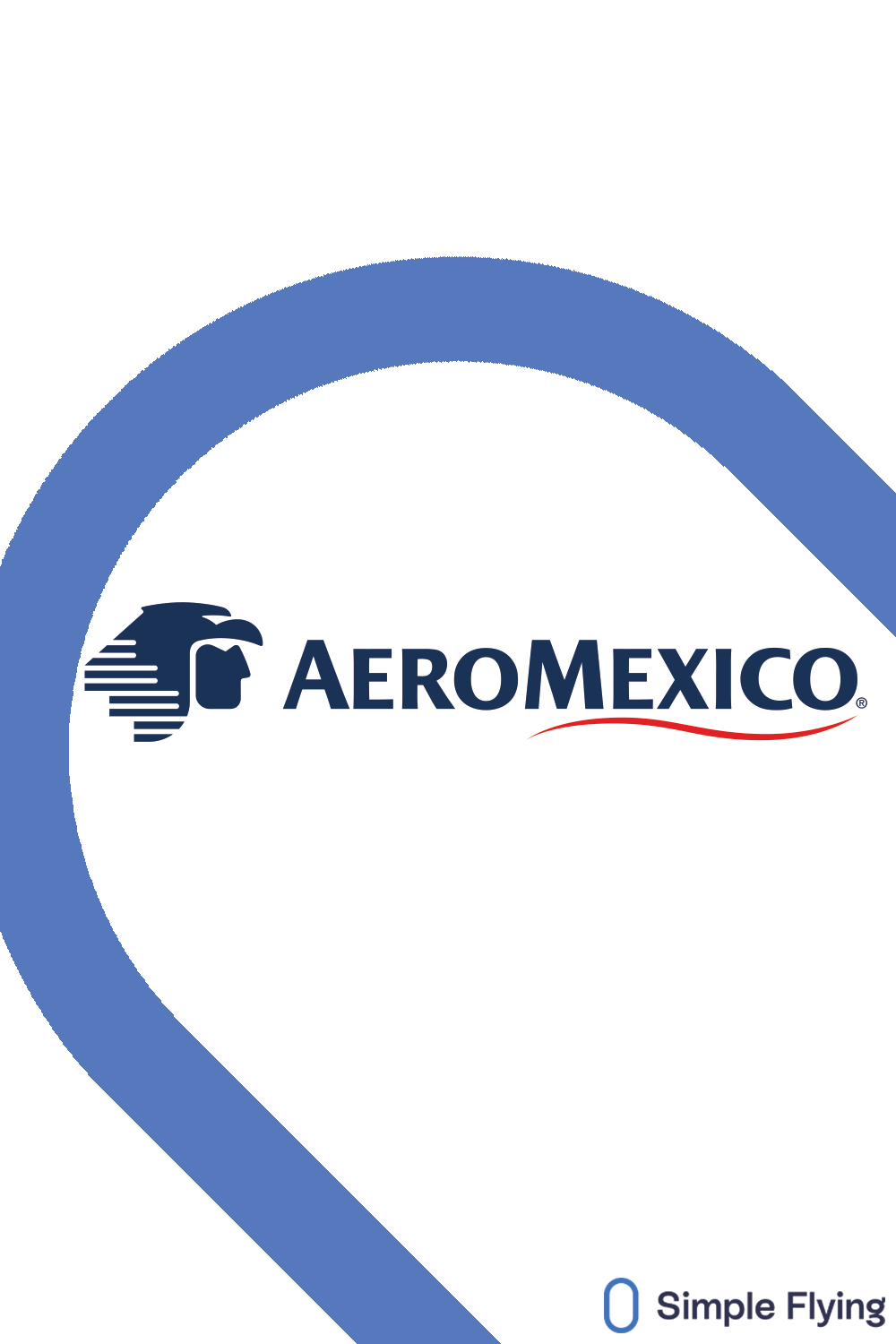On Monday, two Mexican airlines and a chamber representing several companies in the aeronautical industry urged the country's deputies and senators to block the current law reform, which would introduce cabotage, allowing foreign carriers to operate domestic services. This – they say – could jeopardize the future of many firms, leading to the loss of jobs and revenue, which would go to non-Mexican hands.
Block cabotage!
Last year, Mexican president Andrés Manuel López Obrador introduced a law reform that would allow non-Mexican carriers to operate domestic flights within the country. The objective of the law project would be to increase competition, reduce airfares, and get more connectivity to destinations that lack proper air service, Mr. López Obrador argued.
Nonetheless, the Mexican aviation industry has claimed that introducing cabotage to the country would be detrimental to the development of the economy. In a statement, Mexico's National Air Transport Chamber (or CANAERO) said that cabotage would "increase the prices of plane tickets, could lead to bankruptcies, disconnect cities, create unemployment, and impact tax revenues."
This week, the Mexican chamber of deputies will analyze the law project. Aeromexico and Volaris released statements urging the chamber not to approve it. Aeromexico requested the complete elimination of any reference to cabotage in the law reform. Instead, the airline said the reform should strengthen the Mexican aeronautical authority to recover Category 1 status with the Federal Aviation Administration (FAA) in the United States.
What is cabotage?
According to the International Civil Aviation Organization (ICAO), there are two types of cabotage. They are also known as the eighth and ninth freedoms of the air. These types are 'consecutive' and 'stand-alone' cabotages and are rare globally, with only a handful of examples, particularly within the European Union and Chile.
Simply put, consecutive cabotage would allow any non-Mexican airline to operate a domestic flight if its starts from a non-Mexican destination—for example, an American Airlines flight Dallas-Monterrey-Mexico City. Stand-alone cabotage would allow any airline to run any route within Mexican airspace. For example, American Airlines could operate the Monterrey-Mexico City route without going through the United States.
So far, two Latin American airlines, Avianca and LATAM Airlines, have shown interest in operating in Mexico if the law reform is approved.
Volaris is not entirely against cabotage
In a statement, Volaris said it is against Mexico granting cabotage to foreign carriers without requesting reciprocity from their local governments.
The Mexican ultra-low-cost carrier said local carriers should receive an equal opportunity to operate abroad. Therefore, if LATAM Airlines Chile were to operate domestic flights in Mexico, Volaris could request to do the same in the South American country.
Nonetheless, Volaris added that there's no real need to open the Mexican skies to foreign operators. The ultra-low-cost carrier said that, in the last two decades, the air market in the country has doubled. Moreover, there's enough capacity, with competitive fares and an accessible market in Mexico, Volaris argued.
Should Mexico grant cabotage to foreign carriers?
My opinion is Mexico should not grant cabotage to foreign carriers. The Mexican market is well served by three large airlines (Volaris, Aeromexico, and Viva Aerobus). The regional segment is facing trouble, particularly after the exit of Aeromar last month; nonetheless, there are more ways to strengthen the regional market without hampering the industry.
The government should focus on recovering Category 1 status, allowing Mexican airlines to increase their participation in the largest international market of the last two years, the Mexico-US market. Additionally, the government should address the high taxes of the airline industry. Fares offered by ultra-low-cost carriers are cheap, but the taxes and fees often encompass about 60% of travelers' total price.
Do you think Mexico should allow cabotage? Would it be helpful for the country? Let us know what you think in the comments below.

